Producing your own music has never been more accessible. Anyone can reach into their pocket, take out their phone and install GarageBand.
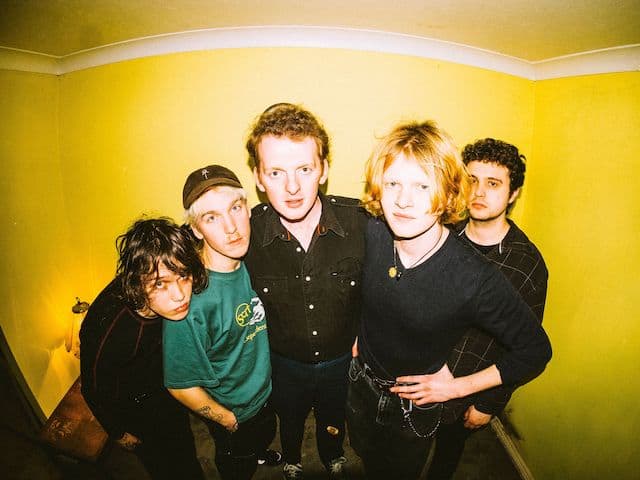
However, having access to the tools is by no means the key to creativity. Often, the mentality you adopt in your approach to using them is far more important.
I’m by no means an expert; nevertheless, here are my top 10 tips for self-production.
Serve the song. Technical skills are pointless if they don’t serve a purpose, or tell a story.
Every time you place a microphone, dial in a guitar pedal, or tune a snare drum, you have to think to yourself: Are the changes I’m making taking me closer to what this song is supposed to be, or further away?
Everything in your production should be (at least partially) focused on serving the song. If an “incorrect technique” results in the perfect vocal sound for your song, it’s not incorrect.
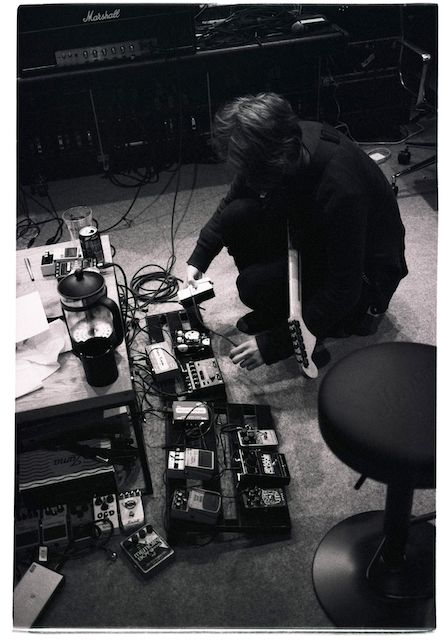
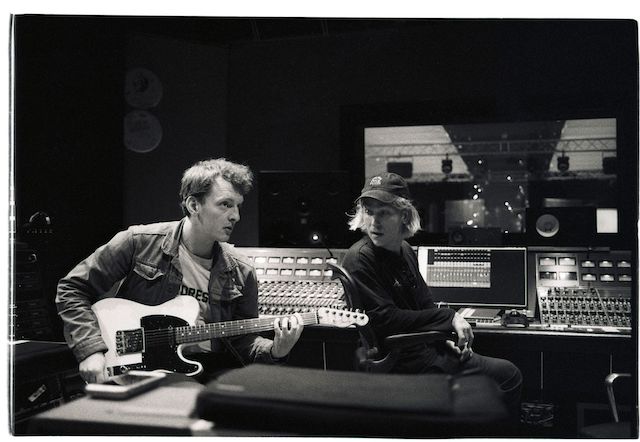
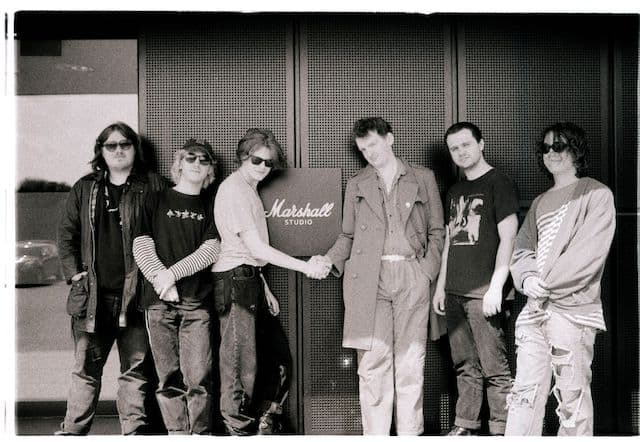
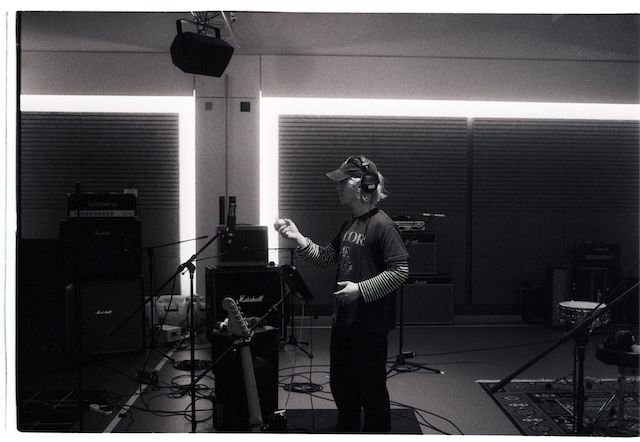
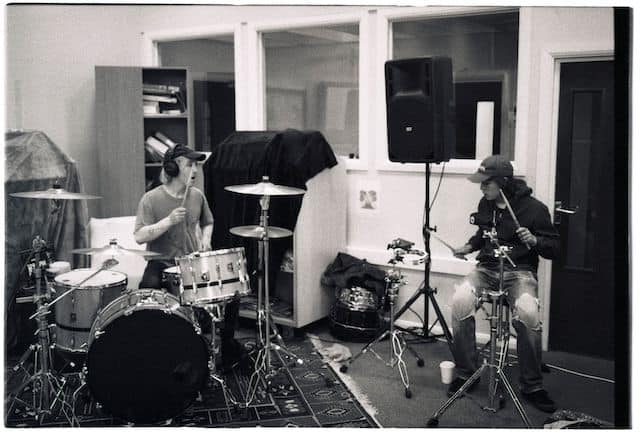
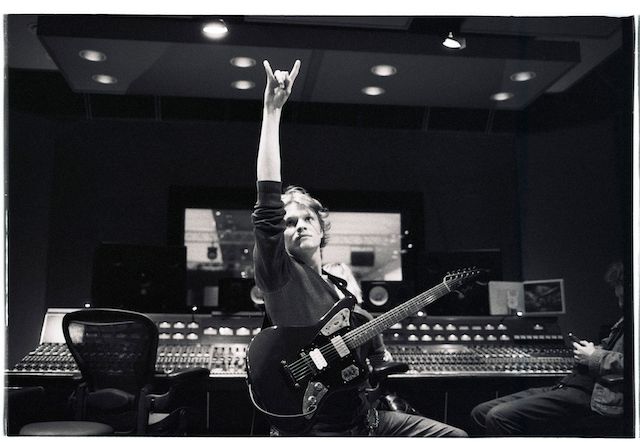
Collaboration is important.
Creativity doesn’t thrive in isolation. Lean on those around you for support and inspiration, whether it’s your bandmates, girlfriend, or cat. Plus, the differing opinions and musical friction that can occur within collaboration often lead to greater and more interesting results than any one person’s idea (unless you’re Prince, maybe).
Back yourself, and be confident in your ideas.
Don’t let self-doubt hinder your creativity. There is nothing wrong with sometimes making absolute trash. I can almost guarantee that for every successful song you’ve heard, its artist has a dozen god-awful ones.
You may not nail everything the first time, but it’s important to have the confidence to keep pushing until you do.
Don’t just make mistakes – embrace them.
Innovation is often the result of mistakes. For example, the iconic guitar chugs in Radiohead’s Creep were the result of Johnny Greenwood taking his frustration with the song out on his guitar. His “mistake”, albeit done deliberately, resulted in one of the most exciting musical moments of the 90s.
References are important but try not to copy them.
References can be a useful guideline for having a clear idea of what you’re trying to achieve before setting out to create music. However, if you use too narrow a range of references, or copy them, you run the risk of creating a hollow copy of the music you love, rather than something true and unique to you.
Try experimenting by juxtaposing references. This can be more productive than just recycling ideas and concepts.
Maintain perspective.
Staying objective is one of the biggest challenges when producing your music. Sometimes, you work on something for so long, that you lose sight of what it is and what it’s become. There’s nothing wrong with taking a break and finding something else to do for an hour, a day, or even a week, to give your brain space.
There have been many times when I’ve been working on something for so long that I’ve decided that I hate it and it’s the worst thing ever. I’ll shut down my computer, ready to quit music forever – only to come back the next morning, realise it was fine, and I didn’t need to worry.
Limitations can force creativity.
If Bon Iver can record an album with just an SM57, so can you.
Capture a moment.
You might be in the studio, ready to record the intro to one of your songs as you’d prepared it. Suddenly, you hear the singer in the corridor playing the chords and humming the melody on a janky old acoustic guitar. You know, at that moment, that what’s going on outside the studio door is much more exciting than your original plan. Capture the performance: No amount of production trickery can ever come close to recreating a truly special moment.
Be adventurous.
Staying in your comfort zone is boring, and we don’t want our music to be boring. By pushing yourself and taking new approaches to music creation, you open yourself up to creating something truly unique and exciting. You never know how cool something might be until you try it.
There are no rules.
The wonderful irony is that the ultimate rule is that there are no rules. Question all these tips. Maybe they don’t work for you – and that’s great, that’s what makes music production so fun. It’s an opportunity to set your own rules and parameters around what makes a song work, and no one can tell you otherwise.
Simplicity is king.
Less is more, blah blah blah, you’ve heard it all before. Having said that, I do believe that if you get the song right and can arrange everything around that song to squeeze the most excitement and drama out of it then you don’t need to do much more than just let it do its thing.






